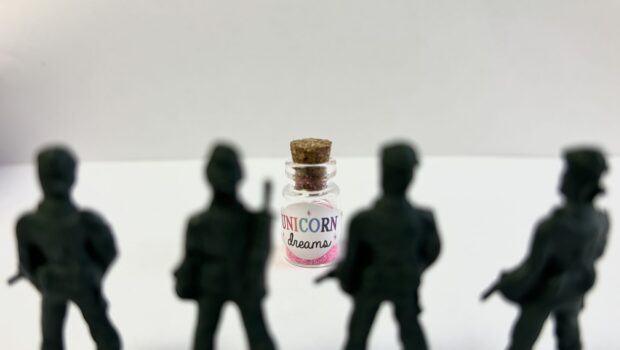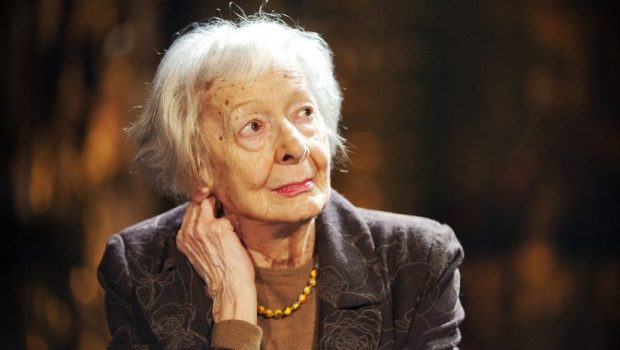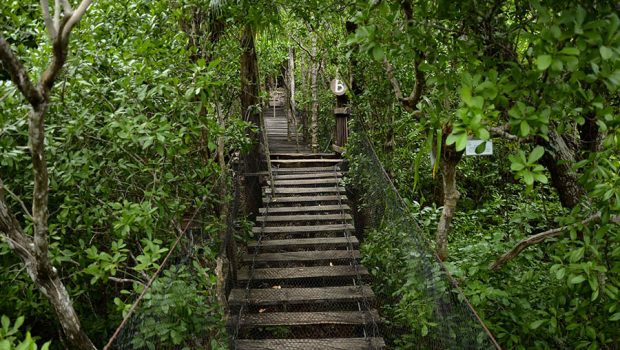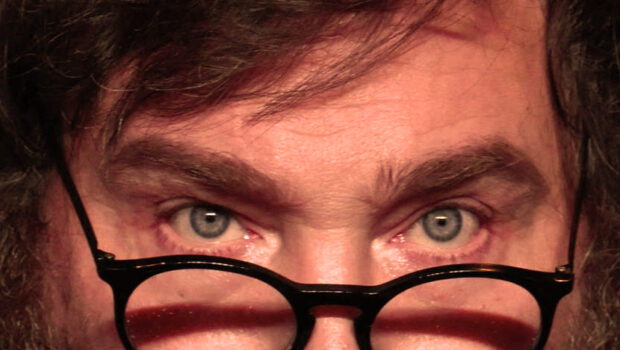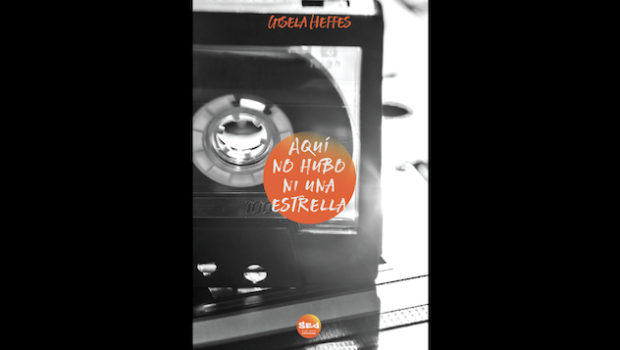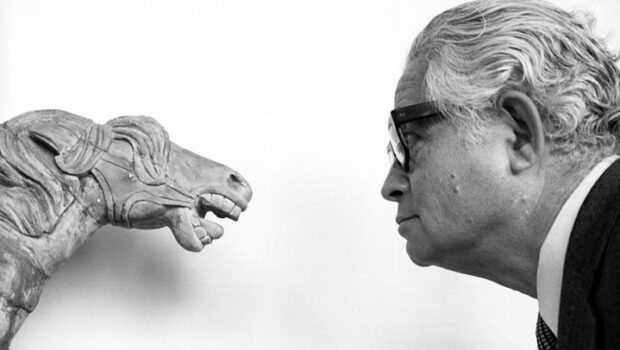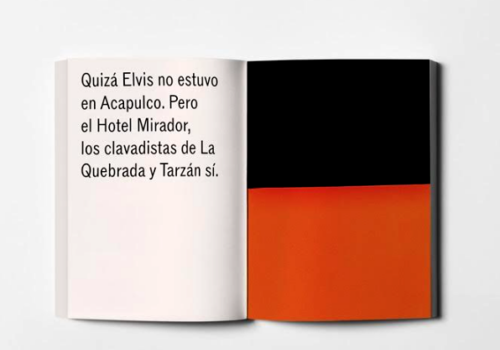Let Us Play
Lorís Simón Salum
We have all experienced what it is to choose a familiar hell over an unfamiliar heaven. There is a known system to which we all adhere. Call it patriarchy, democracy or tradition; maybe we can call it the economy, the family, the United States. It certainly takes time, even generations, to know our way around such systems. We make sacrifices to gain knowledge, to move ahead and to add efficiency to our lives. What for? I imagine for gaining power and respect, granting us the freedom to surrender to our desires without hesitation. For spending more time with the ones we love, perhaps. Maybe it is for carving out moments for our true passions. We work the system so that we may separate from it. With time, we get to know the system’s defects, work around them, persevere and move ahead. We are adaptable animals with an efficient brain. Familiar over unknown is the recipe for reduced suffering.
There are some elements, however, that tend to disrupt systems: curiosity, imagination. It is as if despite nature’s given tools for a species to survive, we also received a hint of spice to shake things up. Curiosity lures us into a psychological doorway. As an idea not yet formed, we allow this phantom of a thought to distract us from the monotone rhythms. Few of us go further in, granting fertile grounds for that idea to unravel into marvel.
“A life with more art.”
“A relationship with greater depth.”
“A choreography.”
“A job where one can breathe.”
“A poem”…
Barely insights, these wonders become the seeds that later drive our gaze in new directions. When we know nothing beyond what is known, it is imagination that takes the lead. “What would it be like?” Asks the reasonable man. “It would be something like this…” his inner child would respond.
There is a famous quote by renown pediatric psychiatrist and psychoanalyst, Donald Winnicott, “It is in playing and only in playing that the individual child or adult is able to be creative and to use the whole personality, and it is only in being that the individual discovers the self” (Winnicott, 1971). When we are crossing into realities that we have never experienced before, even if it is just painting a new piece of art or trying voice lessons for the first time, we transition into new ways of sensing, different ways of being. We cannot approach innovation with repetitive patterns. A need for space, timelessness, introspection and expression emerges. One must try multiple attitudes and roles to understand how we individually and uniquely move in this particular dimension. What is this kind of behavior if not playfulness? The field of counseling recognizes the research behind children processing the world through play as opposed to words. At what point in our development does this cease to be true?
People do not outgrow playfulness. I would argue we simply become afraid of it. Even though the parallel between fear and play may sound absurd, it stems from the misconception that play disrupts productivity. Play disrupts credibility. Child’s play may get us a few moments of relaxation, but adult playfulness threatens the status quo. It is important to make a distinction between child’s play and what it evolves into as we grow. Notice how adults increase their variety of play from joyful interactions, to anxiety-reducing activities, to a practice of being in novel ways. I do not intend to convey that there is a hierarchy here; adults find deep meaning in speaking and reasoning through circumstances without playing at all. What I am truly pointing to is an expansion. The more we grow and understand what we see, how we feel in the world, we must increase the plasticity of our thinking.
According to a study by Forbes and Cavern (2023) playfulness is characterized as a disposition more so than as a behavior. Underneath the stigma of the word play we find curiosity; creativity; the ability to concentrate; an openness to experiences and ideas; an ability to observe; and flexible and adaptable thinking. For instance, Clifford et al.’s 2022 research on playfulness showed an increased self-efficacy for managing stress during the pandemic, resulting in higher coping strategies. In a separate report by Proyer (2015), he highlights seven functions of play: fostering relationships, finding new coping strategies, gaining mastery orientation, maximizing well-being, developing creativity, and expanding emotional tolerance. What are these qualities if not ingredients to confident, adaptable, empathetic and intrinsically motivated human beings?
Overworking has taken a high seat in the hierarchy of cultural worth, while overlooking the impact it has on our cortisol levels, our work-family balance, our community integration. Mental and/or emotional exhaustion are key leads to depression, anxiety, and detachment, amongst other mental health issues. According to the WHO (2023), depression and anxiety cost the global economy up to one trillion USD each year. When playfulness is thrown to a non-monetizing-waste-of-time category, we shut the door to our natural capacity for resilience, relationship building, and restoration.
The scarce research dedicated to adult playfulness demonstrates the topic’s devaluation. Culturally, we are not encouraged to stay in stillness and wonder. There are numerous things we should be doing that will get us towards the next professional milestone. Endless activities we should engage in to keep us from the uncomfortable silence that permeates when we stand silent. However, it is in this stillness that something new can be conceived, fundamentally singular. Left unattended will leave it to dissipate amongst the millions of stimuli we receive everyday. Taken in, however, entertained, attuned to and played with, what would mature? Who would it stretch you to be? Such an event may call for a slight modification in your system. Maybe it would do more than that. Fear would barge in with the threat of paralysis. This change could deem you utterly unfit to return to what feels like home. Consequently, an untraveled and unfamiliar path suddenly manifests in front of your eyes.
*Image by Lorís Simón Salum
References
Clifford, C., Paulk, E., Lin, Q., Cadwallader, J., Lubbers, K., & Frazier, L. D. (2022). Relationships among adult playfulness, stress, and coping during the COVID-19 pandemic. Current Psychology. https://doi.org/10.1007/s12144-022-02870-0
Forbes, L. K. & Craven, C. (2023). 15 play experts’ vision for a more playful future. The Journal of Play in Adulthood 5(2), 20-32. doi: https://doi.org/10.5920/jpa.1326
Lubbers, K., Cadwallader, J., Lin, Q., Clifford, C. & Frazier, L. D. (2023). Adult Play and Playfulness: A Qualitative Exploration of its Meanings and Importance. The Journal of Play in Adulthood 5(2), 1-19. doi: https://doi.org/10.5920/jpa.1258
Proyer, R. T., Wagner, L. (2015). Playfulness in adults revisited: The signal theory in German speakers. American Journal of Play, 7(2), 201-227. https://eric.ed.gov/?id=EJ1053424
World Health Organization (2023). Mental health. Retrieved on September 19, 2023, from https://www.who.int/health-topics/mental-health
 Lorís Simón Salum is a psychotherapist in private practice in Houston, TX. She is the author of Ensoulment: Exploring the Feminine Principle in Western Culture (2016), as well as the film director of the multi award-winning documentary Ensoulment: A Diverse Analysis of the Feminine in Western Culture (2013). She was the Creative Director for Literal Magazine for over 10 years. Some of her projects included Literally Short Film Festival, Literal’s short international film festival, and Literally Everything, Literal’s podcast. You can find her at www.lorissimon.com.
Lorís Simón Salum is a psychotherapist in private practice in Houston, TX. She is the author of Ensoulment: Exploring the Feminine Principle in Western Culture (2016), as well as the film director of the multi award-winning documentary Ensoulment: A Diverse Analysis of the Feminine in Western Culture (2013). She was the Creative Director for Literal Magazine for over 10 years. Some of her projects included Literally Short Film Festival, Literal’s short international film festival, and Literally Everything, Literal’s podcast. You can find her at www.lorissimon.com.
Posted: March 19, 2024 at 10:24 pm


